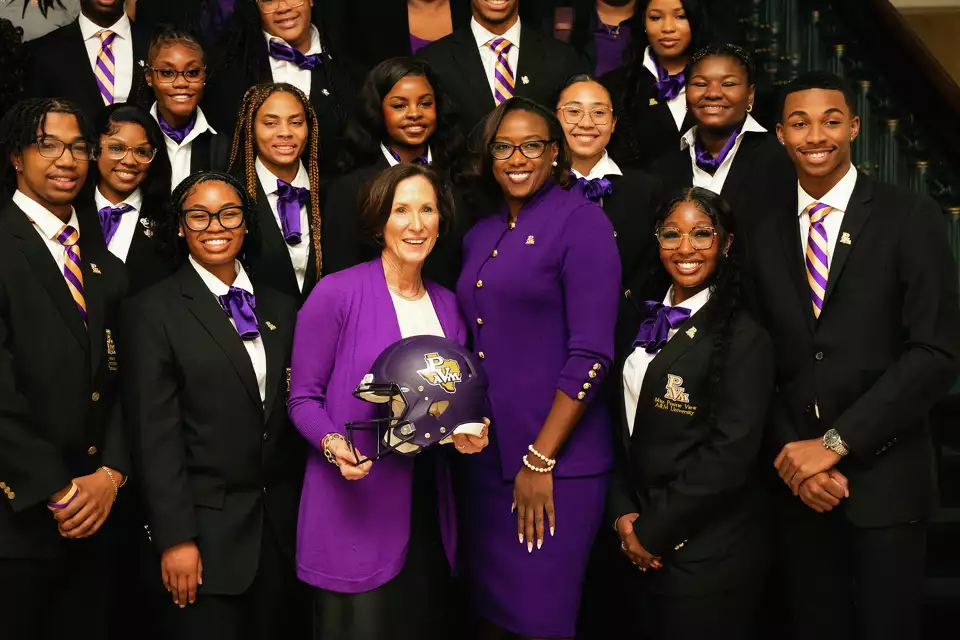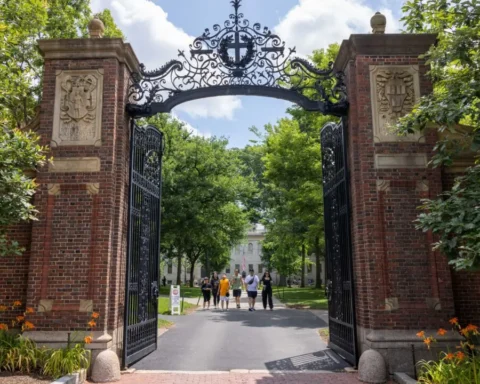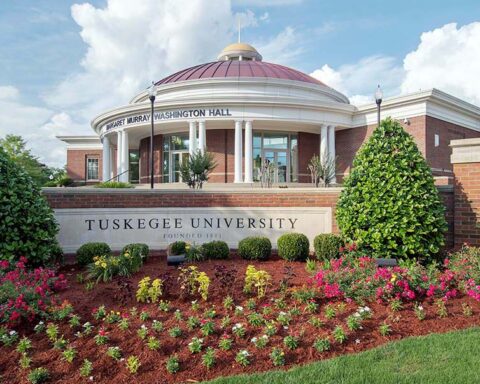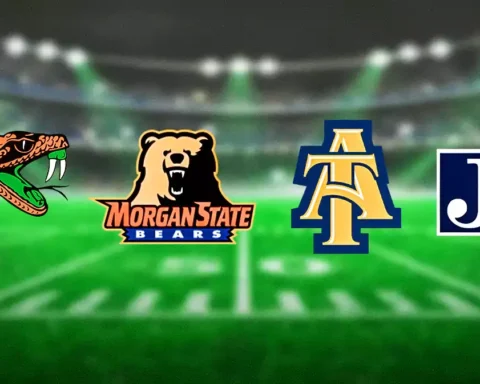By Jamil David
Like many other cultural institutions, historically Black colleges and universities (HBCUs) face an uncertain future in President Donald Trump’s administration. The flurry of executive orders rolling back diversity, equity, and inclusion initiatives; the removal of cultural celebrations like Black History Month from federal agencies; and the immediate compliance of corporations like Google and Target have put minority-focused institutions and programs at risk. Amid the threats and uncertainty, HBCUs like Prairie View A&M University (PVAMU) aren’t waiting to take action.
PVAMU organized a day at the Texas State Capitol on Feb. 18, providing current students and alumni the opportunity to advocate for their university to the Texas legislators. HBCUs have historically been underfunded and forced to advocate for themselves to secure financial support. The proactive push by PVAMU recognizes that if the university is to not only to survive but thrive regardless of the political climate, there must be an organized and strategic effort to push its agenda.
“The day itself was dedicated to Prairie View advancing student success, research, and community impact,” Kelly N. Collins, president of the Prairie View A&M Dallas Alumni Chapter, told Chron. “We aimed to highlight that legislative support is crucial for our continued growth and ability to continue to serve the state of Texas effectively.”
PVAMU’s mission at the capitol revolved around its plan for funding requests. The first request is to restore institutional enhancement, which will enhance the support structure for students from admissions, academic and career service support to ensure students’ success. Secondly, they requested funds to continue the university’s research enterprise, ensuring that PVAMU can continue its mission to become a top research university in the state. Lastly, the university requested funds to enhance its public and allied health programs to ensure that it can keep producing public health professionals.
The students selected to represent PVAMU at the capital were required to articulate these requests and also discuss the university’s successes, their own accomplishments, and hopes for their university. Around 50 students were selected after an application process to find student leaders and advocates to take on a huge responsibility and go to the capital.
“Going to the capital was a mission to reach out to legislators and senators, face-to-face, to enlighten them about our initiatives and projects and our hopes for the future of PV,” current PVAMU student Michael Ozowalu told Chron. “Our university president said it’s hard to say no to someone right in your face, so that was the whole goal.”
Students were able to walk the capitol building, go door to door, and communicate with lawmakers and their offices about their university’s needs and how the legislature’s support is crucial to the university’s success. =
“I think we made a great impression because a lot of people we spoke to at the capitol didn’t really know where Prairie View was or what or who we were, and then we were able to share more about our school,” said Jasmine Jeffries, president of the University’s Student Government Association
Jefferies commented on advocating for future and current PVAMU students, saying, “We need more resources, and resources come from the state. So advocating for Prairie View will impact current students and the next generation of students so the university can better support us now and in the future.”
It is a time of uncertainty for HBCU students, and the students at PVAMU recognize how crucial it is to ensure the future of their school. Updates like Pell Grants, which many HBCU students use, potentially being paused or the possible shuttering of the Department of Education are developments that genuinely worry students. “I think when these things come out and we hear about them definitely startles students,” Jefferies remarked.
Ozowalu told Chron that he feels like Black institutions are under attack. Still, it’s up to community leaders that institutions like PVAMU continue to advocate and fight for these institutions’ right to exist and flourish.
“I think it’s very important that students continue to go out and lobby for their school to reach out to these local and state lawmakers,” Ozowalu commented.
PVAMU students like Harry LaChapelle see the day at the capitol as an example of being proactive in preserving the future of the university, but also a strong response to the threats cultural institutions currently face.
“It’s important we continue to move forward and strive to make progress, using our history to seek answers and guidance from those who came before us, to present a united front for any potential hardships to come,” LaChapelle told Chron.
The push at the capitol wasn’t an official response to any of the current threats to minority-serving institutions that have ramped up with Trump back in the White House, but it is an example of proactive and focused advocacy. HBCUs have always had to fight for their existence and continued support, dealing with outside threats for decades.
“We have dealt with the political climate since 1876 when PVAMU was founded,” Collins said. “I don’t feel like anything or anyone can stop us from what we’re doing.”





